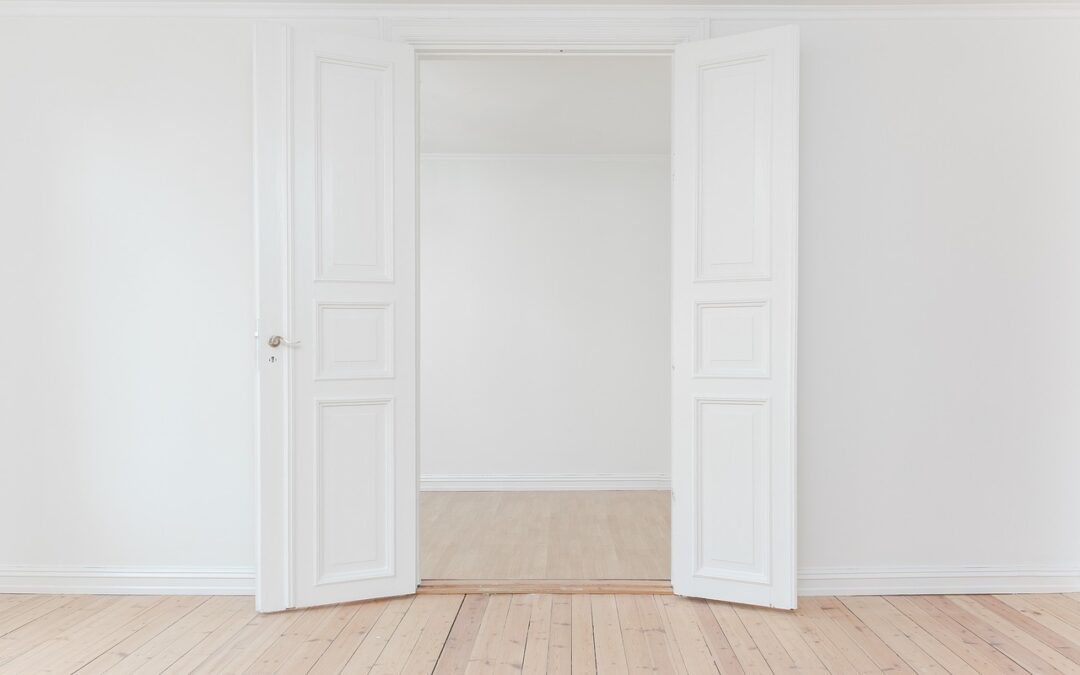Dealing with constant noise from the outside can disrupt your home’s tranquility. Fortunately, upgrading your windows and doors can make a significant difference in reducing unwanted sounds. New, well-insulated materials help block external noise, creating a quieter, more peaceful space. If you’re looking for effective solutions, consider replacement windows in Addison to enhance the comfort of your living environment. Along with sound reduction, these upgrades can also improve energy efficiency and modernize the look of your home, making it a worthwhile investment for both peace and style.
How Noise Enters Through Doors and Windows
Common Sources of Noise Pollution
Noise pollution can come from various sources that surround homes, especially in busy areas. Traffic from highways or nearby roads is one of the most common causes. Additionally, loud neighbors, construction sites, and nearby airports contribute to the issue. Homes in cities or densely populated neighborhoods often face constant noise from these sources. Even suburban homes are not entirely immune, as lawn equipment and outdoor gatherings can generate sound that travels indoors. Understanding these common sources of noise helps in making better choices when upgrading windows and doors to minimize the impact.
How Poorly Insulated Windows and Doors Affect Noise Levels
Poor insulation in windows and doors allows outside noise to enter your home easily. Single-pane windows or old, worn-out doors can act as weak barriers against sound. Gaps around doors or windows let in noise, making rooms louder and less comfortable. Homes without proper insulation may experience noise from traffic, conversations, or even the wind. This can be particularly disruptive for people living in busy neighborhoods or along main roads. Installing well-insulated doors and windows can drastically reduce the amount of noise, making the indoor space more peaceful and quiet.
The Benefits of Upgrading to Modern Doors and Windows
Sound Insulation with New Materials
Modern doors and windows come with advanced materials that greatly improve sound insulation. Materials like double or triple glazing in windows help block outside noise more effectively than older single-pane designs. Vinyl and fiberglass frames also play a big role in reducing sound transfer. These materials are dense and prevent sound from traveling into the home. Many homeowners in busy areas, like those living near airports or highways, find that these upgrades significantly reduce unwanted noise. Investing in these materials can turn a noisy house into a quiet and peaceful retreat.
Energy Efficiency and Noise Control Benefits
Modern doors and windows not only help with sound insulation but also improve energy efficiency. New designs offer better seals that prevent air leaks, which can help reduce heating and cooling costs. Insulated windows, such as double or triple glazed options, keep your home warmer in winter and cooler in summer. This added benefit means you save on energy bills while enjoying a quieter home. In areas where noise and temperature control are both concerns, like urban centers or cold climates, upgrading can provide comfort in more ways than one.
How Double and Triple Glazed Windows Can Block Sound
The Science Behind Multiple Glazing Layers
Double and triple glazed windows work by adding layers of glass separated by air or gas, which reduces sound transmission. Each layer of glass and the space in between act as barriers to sound waves. The more layers, the more effective the window is at blocking sound. The air or gas between the panes also slows down the sound waves, making it harder for them to travel into the home. This is especially helpful in reducing noise from traffic, construction, or other loud environments. These layers create a stronger defense against outside noise, improving the quietness of indoor spaces.
Comparing Double Glazing to Triple Glazing for Soundproofing
When comparing double and triple glazing, the main difference is the extra layer in triple glazing, which provides additional soundproofing. Double glazed windows have two layers of glass, while triple glazed windows add a third layer for more insulation against noise. While both are effective, triple glazing blocks more sound due to the extra pane. However, the difference may not always be noticeable unless you live in very noisy areas, such as near airports or busy streets. For most homes, double glazing provides enough sound control, but triple glazing is ideal for those seeking the best possible noise reduction.
Choosing the Right Materials for Noise Reduction
Using Vinyl and Fiberglass for Noise Control
Vinyl and fiberglass are popular materials for windows because they offer great sound control. Vinyl is durable and creates a tight seal around the window, which helps block out noise. Fiberglass is even stronger and provides better insulation, making it a great option for homes in noisy areas. These materials are also resistant to temperature changes, so they won’t warp or crack, which can cause gaps that let sound in. Many homeowners in urban areas or near busy streets choose vinyl or fiberglass windows to help make their homes quieter and more comfortable.
Solid Core Doors and Their Impact on Sound Reduction
Solid core doors are another effective way to reduce noise in your home. These doors are filled with a dense material that blocks sound from passing through, unlike hollow core doors, which do little to stop noise. Solid core doors are often used in bedrooms or offices where quiet is important. They are especially useful in homes located near highways or in busy neighborhoods where external sounds are a constant issue. Installing solid core doors in these spaces helps create a much quieter environment, allowing for a more peaceful living experience indoors.
Installation Techniques for Maximum Noise Reduction
Proper Sealing and Weatherstripping for Noise Reduction
Proper sealing and weatherstripping play a big role in blocking noise from entering your home. If windows or doors aren’t sealed correctly, gaps can let in unwanted sound. Using high-quality weatherstripping makes sure that doors and windows close tightly, leaving no space for sound to pass through. Foam, rubber, or silicone weatherstripping are common options for providing a tight seal. This is especially important in areas with heavy traffic or construction noise. Homes near highways or airports benefit the most from well-sealed windows and doors, as it drastically reduces the amount of noise that enters.
Professional Installation vs. DIY: What Works Best
When it comes to reducing noise, professional installation is often the best choice. Professionals have the tools and experience to properly fit doors and windows, making sure there are no gaps that allow sound to pass through. While DIY installation can save money, it may result in mistakes that weaken the noise-blocking benefits. In areas with constant noise, like city centers or near train tracks, having windows and doors installed by a professional provides the best results. Proper installation makes a big difference in how well noise is reduced, providing a more peaceful living space.
Additional Features That Can Further Reduce Noise
Acoustic Glass and Its Impact on Soundproofing
Acoustic glass is specially designed to reduce noise transmission. It consists of multiple layers of glass with a special interlayer that helps absorb and dampen sound waves. This feature makes it ideal for homes located in noisy areas such as near busy roads or airports. The thick layers provide an extra barrier, making it much harder for sound to travel through the glass. Installing acoustic glass in your windows can be a smart choice if outside noise is a constant problem. It helps create a quieter indoor environment by significantly cutting down external noise.
How Soundproof Curtains and Blinds Help in Blocking Noise
Soundproof curtains and blinds are another great option for reducing noise in your home. These heavy, dense fabrics absorb sound, preventing it from bouncing around inside the room. They are especially useful in bedrooms or living areas where quiet is important. Soundproof curtains work best when they cover the entire window area, blocking both noise and light. Many homeowners in urban areas use these curtains to reduce the noise from street traffic or nearby construction. Adding soundproof blinds can offer even more protection, creating a peaceful and comfortable living space.
Achieving a Quiet Home with New Doors and Windows
Upgrading your doors and windows can greatly reduce the noise entering your home. Choosing materials like vinyl, fiberglass, or solid core doors, along with double or triple glazed windows, helps create a quieter environment. Proper installation, sealing, and additional features such as acoustic glass or soundproof curtains, further improve the results. These upgrades not only block noise but also make your home more comfortable and energy-efficient. By selecting the right options, you can enjoy a peaceful and quiet living space.

